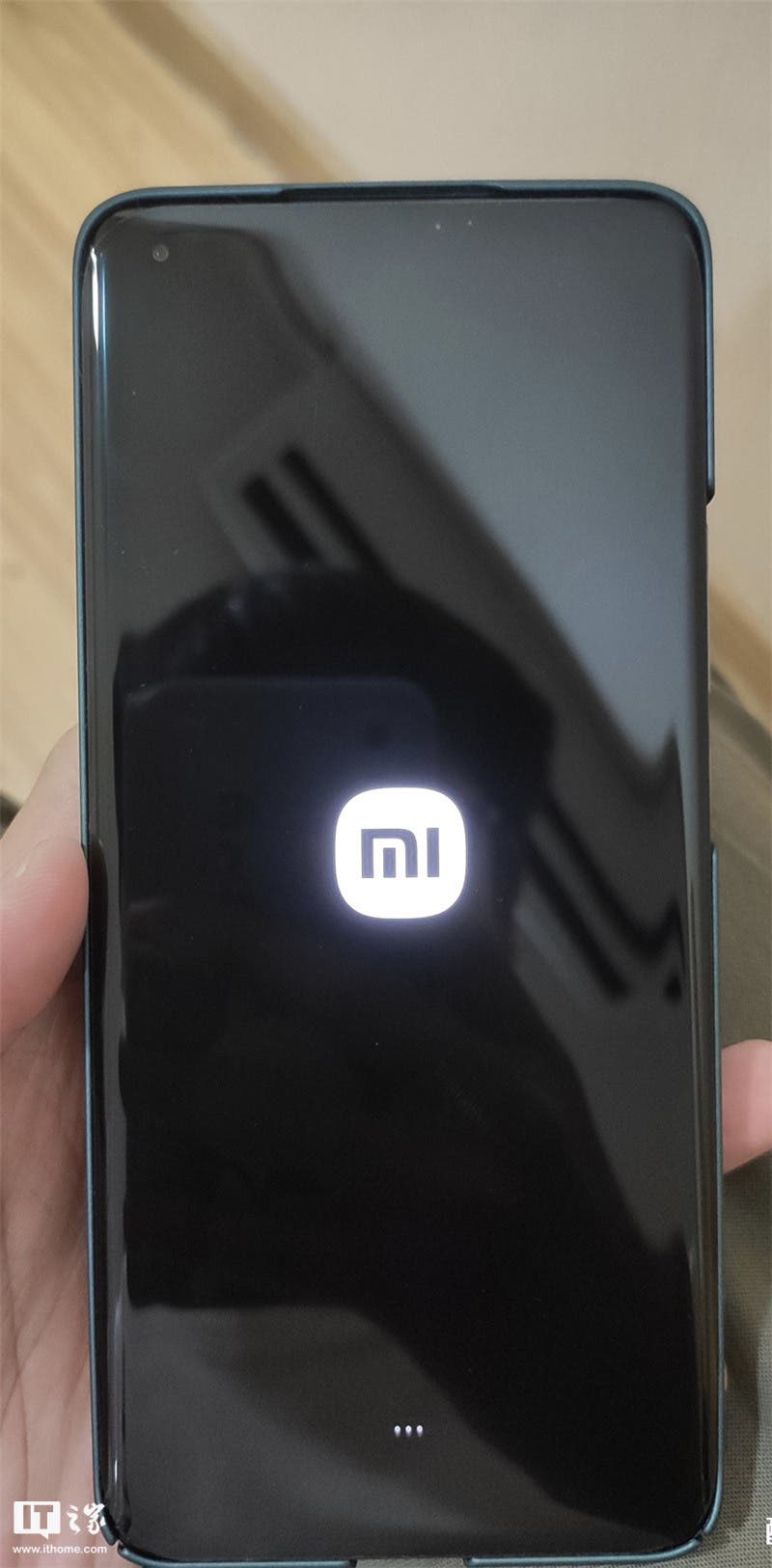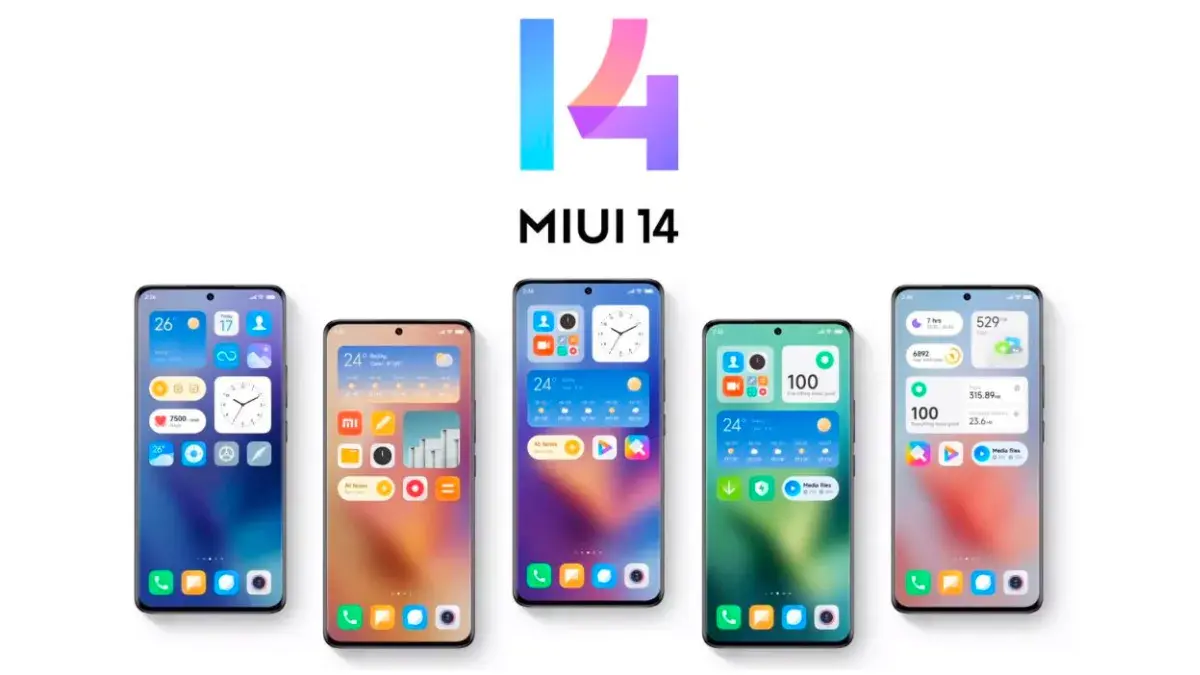Starting from MIUI based on Android 13, MIUI focuses on the “development version” (dev version) and “official version”. The MIUI dev version is released for one year, and products released for more than one year will be gradually withdrawn. Xiaomi will recruit and adjust relevant models according to the recruitment requirements of the MIUI dev version. However, from time to time, the company withdraws the license of some models to test new systems. Xiaomi officially announced that from August 4th, the following models will stop developing versions:
- Xiaomi Mi MIX FOLD
- Xiaomi MIX 4
- Xiaomi Mi Pad 5 Pro 5G
- Xiaomi Mi Pad 5 Pro
- Xiaomi Mi Pad 5
- Xiaomi Civi
- Redmi Note11 Pro
- Redmi Note11 Pro+
- Xiaomi Civi 1S
- Xiaomi 12X
The MIUI system dev version is a test version provided to a small number of experienced geek fans for problem feedback and testing. This system is in its “raw” state and there is no guarantee that it will be stable.

Xiaomi MIUI system policy
Xiaomi is one of the largest mobile phone brands in the world. It offers its users a unique software system through its MIUI Android skin. MIUI is a custom version of the Android system that comes with a range of features and settings that are unique to Xiaomi devices. Let us now take a look at Xiaomi’s MIUI system policy. This includes the way it handles user privacy, user data, and user control.
Privacy Policy
Xiaomi has been very open about its approach to user privacy. The company has a detailed privacy policy that outlines how it collects and uses user data. A new info from Xiaomi claims that it collects user data to provide better services. The company also improve its products and custom the needs of the user. The company claims that it only collects data that are needed for these purposes. Also, it does not sell user data to third – party brands.
User Data
One of the key features of the MIUI system is its ability to collect a wide range of user data. Xiaomi collects data on how users interact with their devices. This includes what apps they use, how long they spend on each app, and what features they use most. This data is used to improve how the user enjoys the system, as well as to inform Xiaomi’s product development and marketing strategies.
User Control
Xiaomi gives its users a high degree of control over the data that it collects and how it is used. However, the user of the system can choose can decide not to allow some apps to collect data from their device. They can also choose to opt out of certain types of data collection altogether. Xiaomi also provides users with a range of privacy settings that allow them to control how their data is used and shared.

Security
In terms of how safe the MIUI system is, Xiaomi places a strong emphasis on its system safety. The company has a range of paths that it takes to ensure that at all times, the data of users are safe. The company also uses special encryption to protect user data. It also employs a range of security protocols to prevent alien access to user info. Xiaomi also regularly updates its software to address security issues and to ensure that its devices are secure.
Conclusion
Xiaomi’s MIUI system policy is focused on giving users a high degree of control over their data. The system also ensures that the data and privacy of users are safe. The company is open about how it collects and uses user data, and it offers users a range of privacy settings to control how their data is used. Xiaomi places a strong interest in security and updates its software from time to time to take care of security issues. However, like other mobile phone systems, MIUI has its fair share of issues. The good thing is that the company always handle these issues as quickly as possible. Xiaomi’s MIUI system policy is a good example of how mobile phone brands can balance the need to collect user data with user privacy and security concerns.





